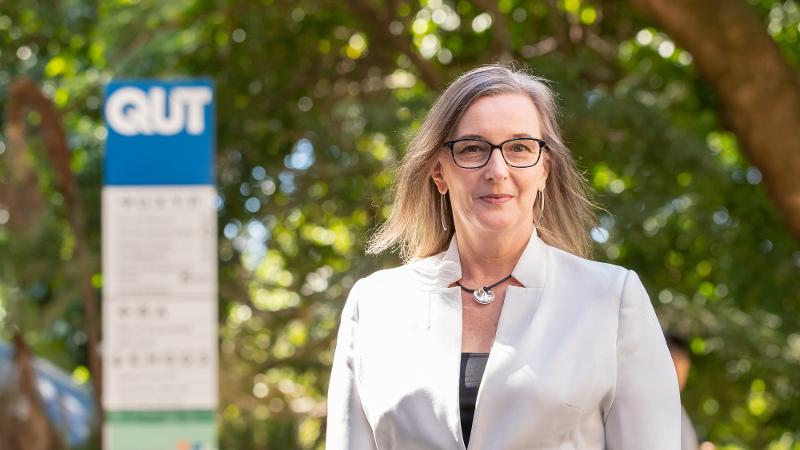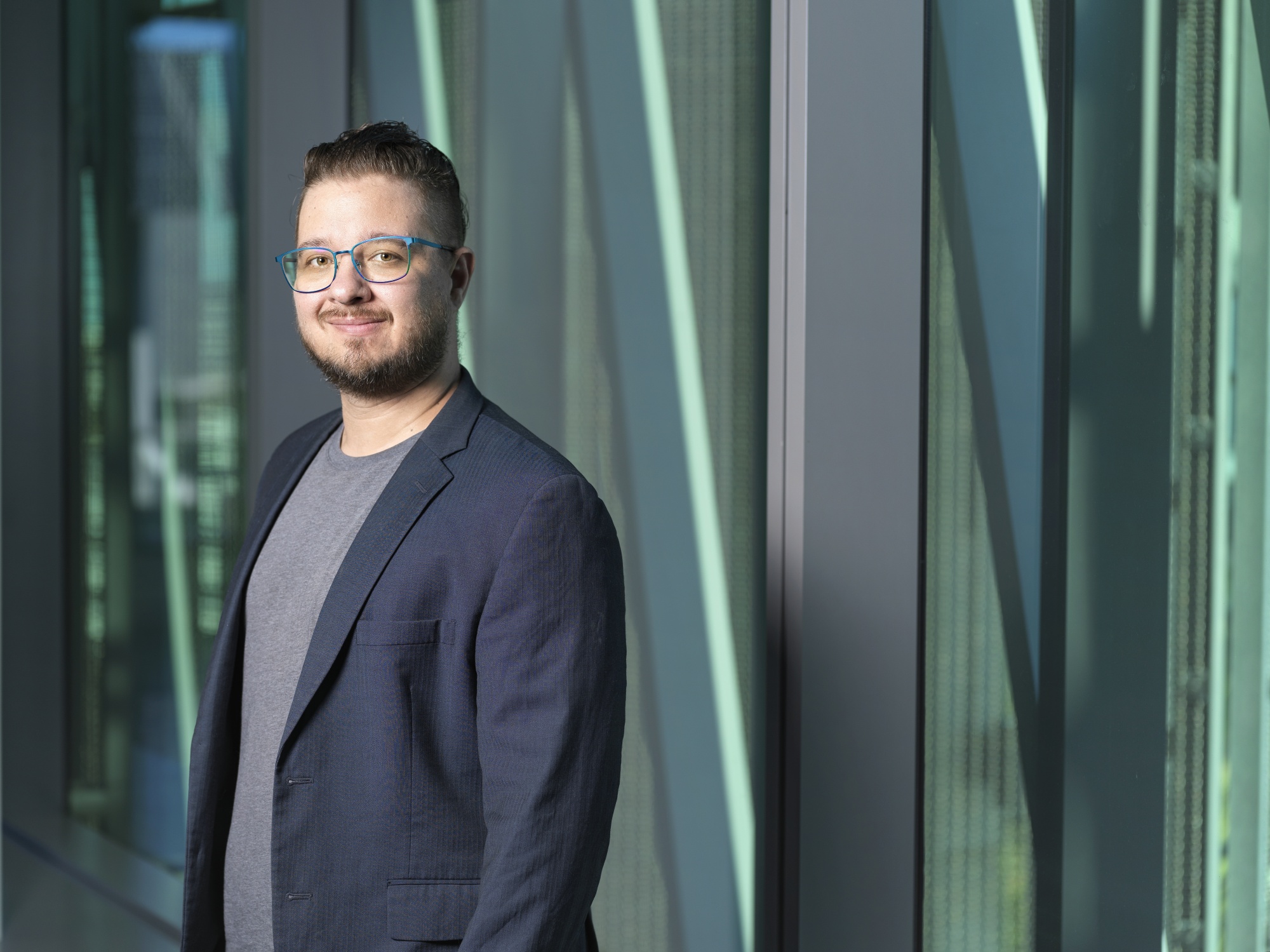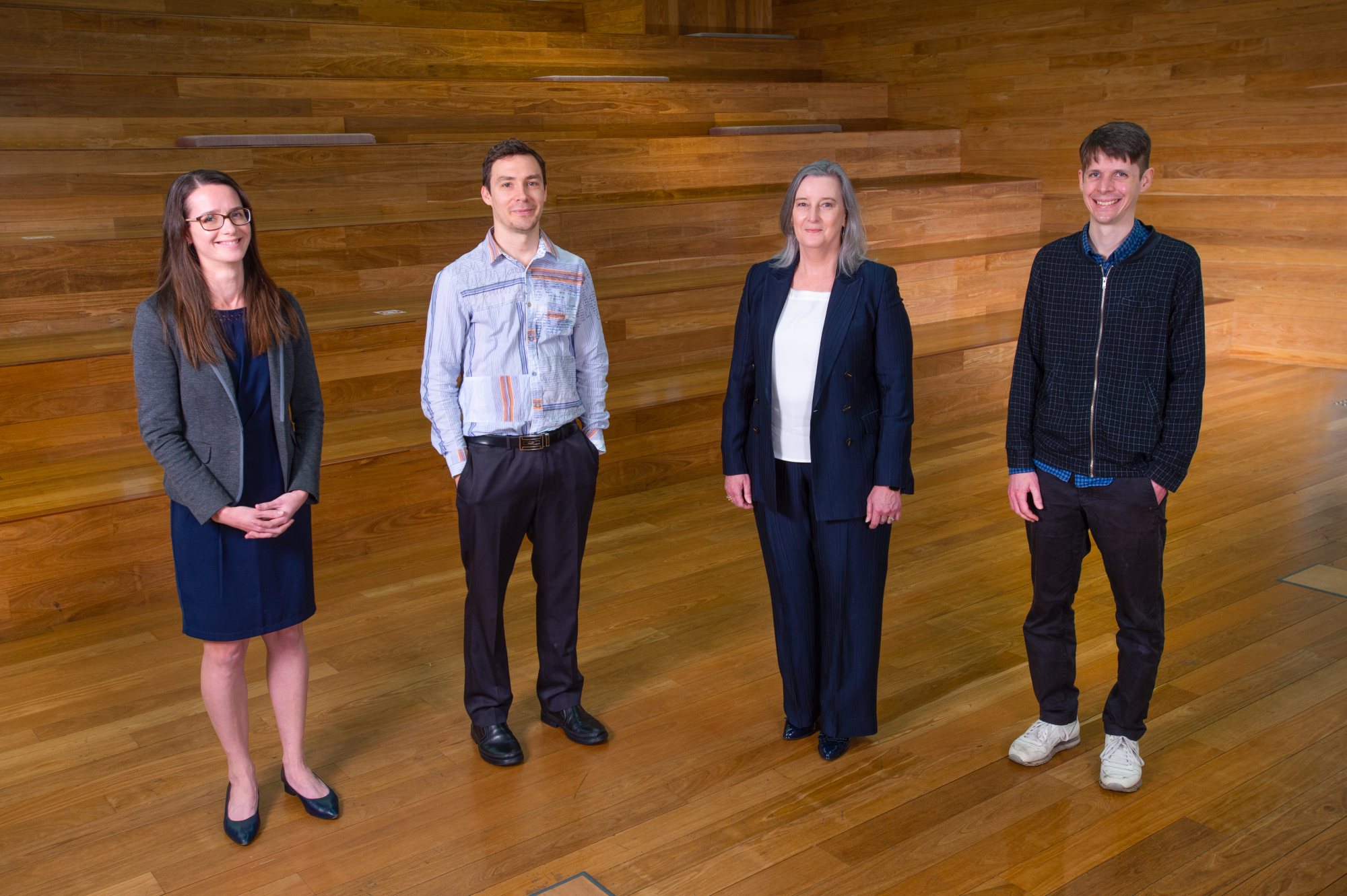
Investigating tax avoidance by multinational enterprises and finding opportunities to counter inequality online were among seven QUT-based projects awarded more than $6.5 million through the Australian Research Council (ARC) 2021 Future Fellowship Scheme.
Minister for Education and Youth, Hon Alan Tudge announced funding for the projects, which focussed on areas of national priority.
Professor of Taxation Kerrie Sadiq (pictured above) from the QUT School of Accountancy and the Centre for Decent Work and Industry received $1,026,048 to address tax base erosion caused by profit shifting. She aims to generate new knowledge on international tax and develop a blueprint for allocating profits.
“Tax reform is of immediate and critical importance to achieve sustainable economic growth in Australia and to ensure our place in the world,” Professor Sadiq said.
“Conservative estimates of the loss of tax revenue in Australia due to multinational entities avoiding paying tax is approximately AU$4.2 billion per year. Globally, it is estimated to be a US$420 billion problem.
“The digital age has exacerbated this already significant tax problem and is one of the most difficult issues to resolve.
“There is a rapidly diminishing capacity of nations to secure any share of the profits of multinational entities by any tax or other means in the current technological environment.”
Professor Sadiq said her project was a direct response to the 2018 Senate Economics References Committee final report on corporate tax avoidance that recommended a major overhaul of Australia’s international tax system.
“The report included recommendations for amendments to what is considered by many as a currently flawed regime. Amendments were suggested to the existing rules on excessive debt loading, transfer pricing, mandatory reporting, and public disclosure, to name a few.
“A systematic structure for allocating multinational enterprise profits will address the important problem of tax base erosion caused by profit shifting.
“This will provide a major tool in securing Australia’s revenue base in the digital age,” she said.

Also focused on innovation in the digital age, Professor of Law Nicolas Suzor (pictured) from the QUT School of Law received $1,004,050 to help to tackle misogyny, racism, and other forms of structural discrimination online.
Professor Suzor’s research examines the role that digital platforms—including search engines, social media, peer economy, and news platforms—play in amplifying or countering inequality online.
“Increasingly we expect platforms to do something to counter abuse, discourage discrimination, and promote marginalised voices, but we don’t really know what we want them to do.
“My project aims to find legal, ethical, technical, and commercial opportunities that could encourage platforms to more effectively tackle discrimination in the digital age.
“The research will look at private sector responsibilities to avoid contributing to discrimination, hatred, intolerance and abuse, and how the law should develop to ensure that our digital environment is more equal and fairer.
“We don’t yet have the data to know what works to combat inequality online. This project allows us to develop new methods to understand, measure and evaluate how inequality manifests on digital platforms and what works to counter it.”
Professor Suzor is a member of the Oversight Board, an independent organisation that hears appeals and makes binding decisions about what content Facebook and Instagram should allow or remove, based on international human rights norms.
His four-year project is due to commence later this year and will be based in the ARC Centre of Excellence for Automated Decision-Making and Society and QUT Digital Media Research Centre.
QUT Deputy Vice-Chancellor and Vice-President (Research), Professor Christopher Barner-Kowollik said the university’s success in the Future Fellowships round was a testament to QUT’s real world and outcome-focussed approach to research that makes a difference to Australia’s innovation potential.
The ARC Future Fellowships scheme supports mid-career researchers to expand Australia’s knowledge base and research capacity which in turn aims to provide economic, commercial, environmental, social and cultural benefits for Australia.

QUT 2021 ARC Future Fellows
- Professor Kerrie Sadiq - $1,026,048 to investigate international tax in the digital age: a blueprint for allocating profits.
- Professor Christopher Drovandi - $1,026,000 to develop a scalable and robust Bayesian inference for implicit statistical models.
- Professor Nicolas Suzor - $1,004,050 to find legal, ethical, technical, and commercial opportunities to counter inequality online.
- Dr Laura Bray - $937,478 to improve our understanding of the biological mechanisms that drive blood vessel formation and function that could potentially enable more predictive and targeted drug efficacy and safety testing.
- Dr Ben Woodcroft - $928,160 to improve predictions of our future climate by understanding the evolution of soil communities of microorganisms and their viruses.
- Dr Arian Wallach - $822,444 to investigate how values shape conservation science and policy by utilising a feminist philosophy of science approach. Expected outcomes include creation of a real time, interactive global biodiversity map that reveals biodiversity trends, species, conservation risks and opportunities.
- Dr Ayesha Tulloch - $814,820 to improve biodiversity outcomes of agricultural food production and consumption and generate new knowledge about impacts of interventions and shocks on the environment, human health and livelihoods in agri-food systems.
Media contacts
Novella Moncrieff, 07 3138 1150 or novella.moncrieff@qut.edu.au
After hours: Rose Trapnell, 0407 585 901 or media@qut.edu.au


